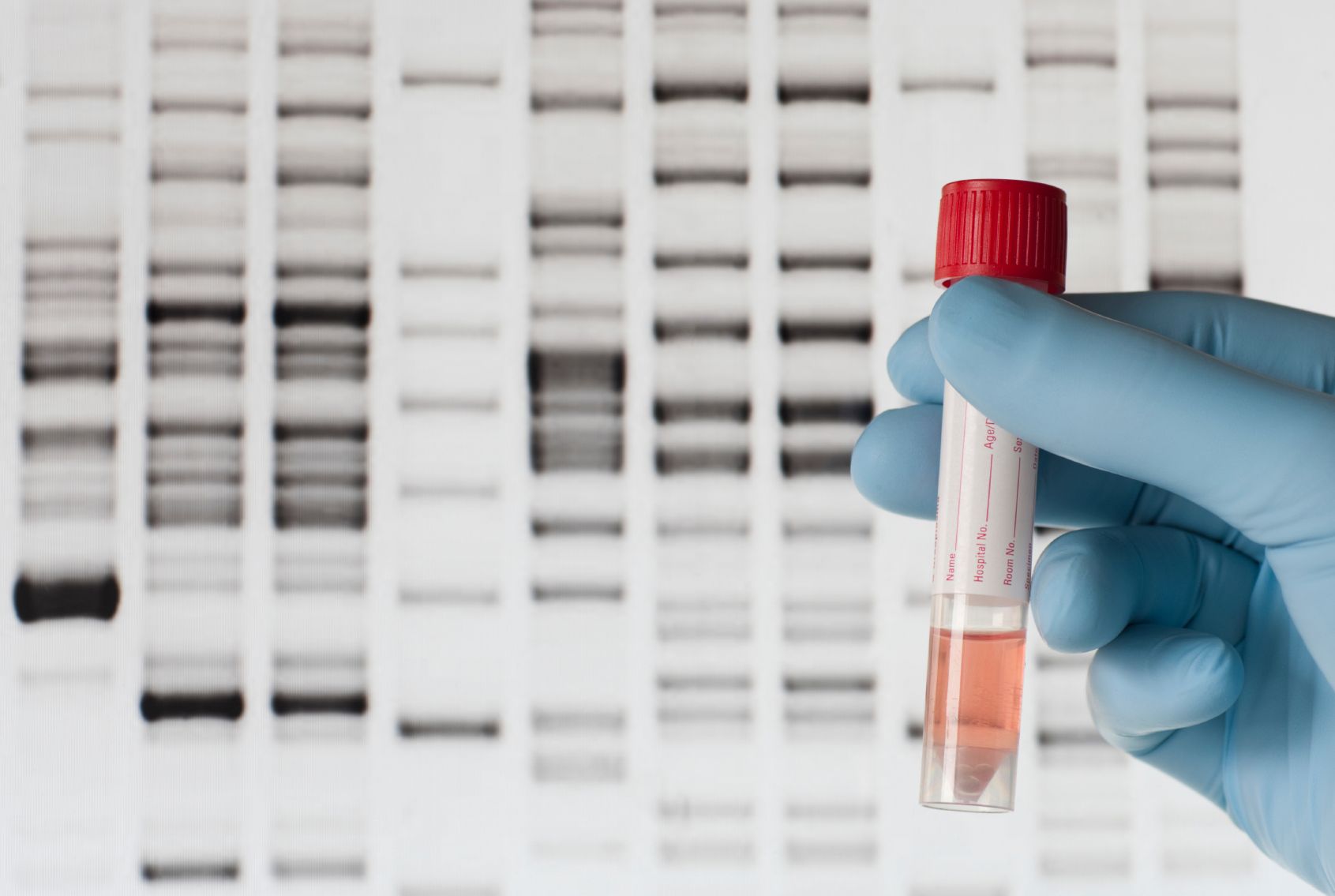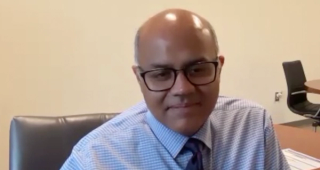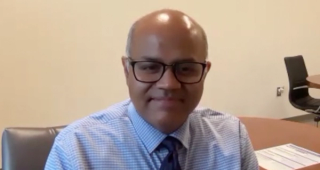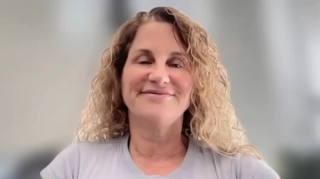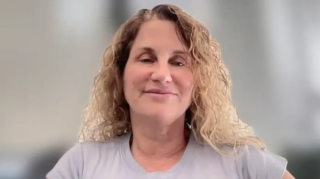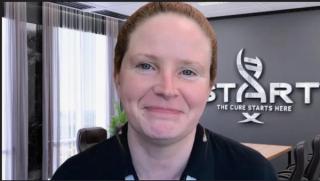
Oncology
Latest News
Latest Videos

CME Content
More News
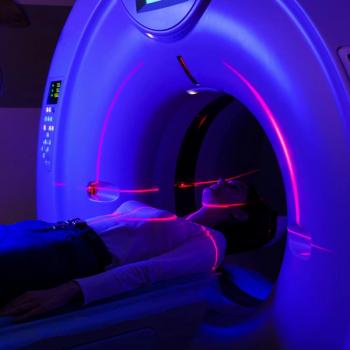
The addition of olanzapine to antiemetics might alleviate insomnia, appetite loss, anxiety, and depression in those receiving concurrent chemoradiation.

Professor of pharmacology Eric Winer, MD, spoke about a publication he authored exploring the state of oncologist burnout and how it impacts practice.

T-DXd rechallenge occurred after grade 1 ILD, and was proven safe for patients with breast cancer/solid tumors.

Experts highlight research at the 2025 ASCO Annual Meeting that may move the needle in gynecologic cancers, hematologic malignancies, and other fields.
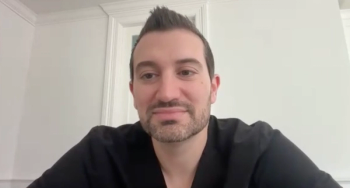
Scalp cooling may enhance patients’ quality of life when managing hair loss associated with cancer treatment.

Diverse dermatologic AEs, such as hair and nail toxicities, can be associated with various cancer treatments.
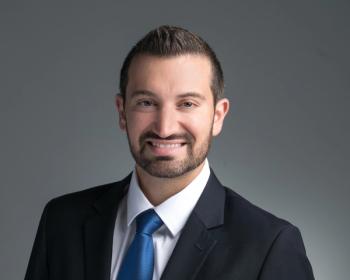
Oncodermatology is critical in managing adverse effects from cancer treatments, specifically targeted therapies and immunotherapies.

Experts in gynecologic cancer, genitourinary malignancies, and other disciplines highlight noteworthy clinical data slated for presentation at ASCO 2025.

The EMA’s CHMP has adopted a positive opinion for mirdametinib in patients with inoperable plexiform neurofibromas of neurofibromatosis type 1.

There was a 7% lower incidence of obesity-related cancer with GLP-1 receptor agonist use.

Co-hosts Kristie L. Kahl and Andrew Svonavec highlight what to look forward to at the 2025 ASCO Annual Meeting, from hot topics and emerging trends to travel recommendations.
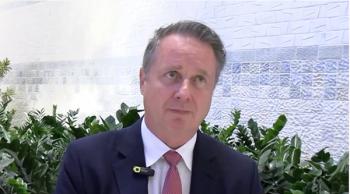
The pediatric care wing of the Jack & Sheryl Morris Cancer Center is intended to accommodate the physical and emotional needs of younger patients with cancer.

Authors of a manuscript published in ONCOLOGY® discuss how artificial intelligence may help with cancer detection and improving various patient outcomes.

This case report and literature review emphasize that ICI-IA should not be ruled out based on the presence of synovial fluid with elevated WBC with a neutrophil predominance. Early steroid use should be considered.

This retrospective study included 64 patients with LMD, with primary cancers represented in the diagnosis-specific Graded Prognostic Assessment (DS-GPA) at a single institution over 5 years.
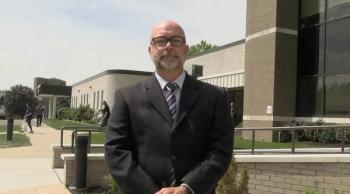
Having all the necessary staff together, from medical oncologists to pharmacists, helps deliver the best possible outcomes to patients with cancer.
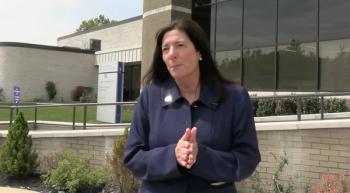
Joseph C. Landolfi, DO, CPE, and Michele Morrison, MPH, BSHA, RN, discuss how they can use their leadership roles to improve cancer care.
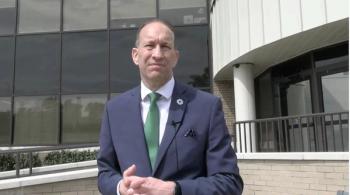
Leaders of a new cancer center, which is part of JFK University Medical Center, discuss how they can support frontline clinicians.

Results from a recent survey showed that 20% of oncologists planned to reduce their hours in the next 12 months, as workplace burnout among them has increased.
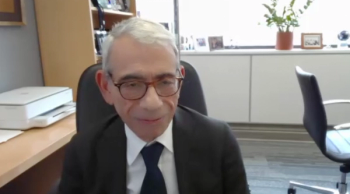
Workplace burnout in medicine and oncology can lead to stress, exhaustion, fatigue, and a lack of interest in work, according to Eric P. Winer, MD.

Preclinical data showing OBI-902 sustained antitumor activity in solid tumors support the agency’s decision for the IND application.

Eric P. Winer, MD, said, “[Health care] has a workforce problem, which is part of the reason why we need to embrace nurse practitioners and PAs or APPs.”

“Although telehealth is a great thing when used properly, telehealth also puts a barrier between the doctor and the patient,” said Eric P. Winer, MD.

A phase 2 study found a complete clinical response of 82% with neoadjuvant dostarlimab in dMMR solid tumors.




